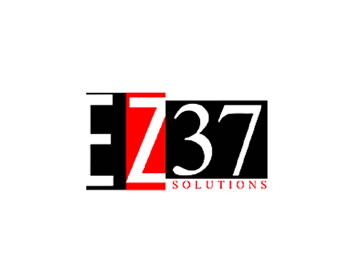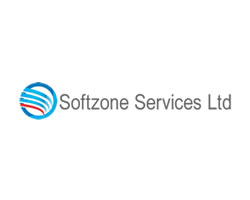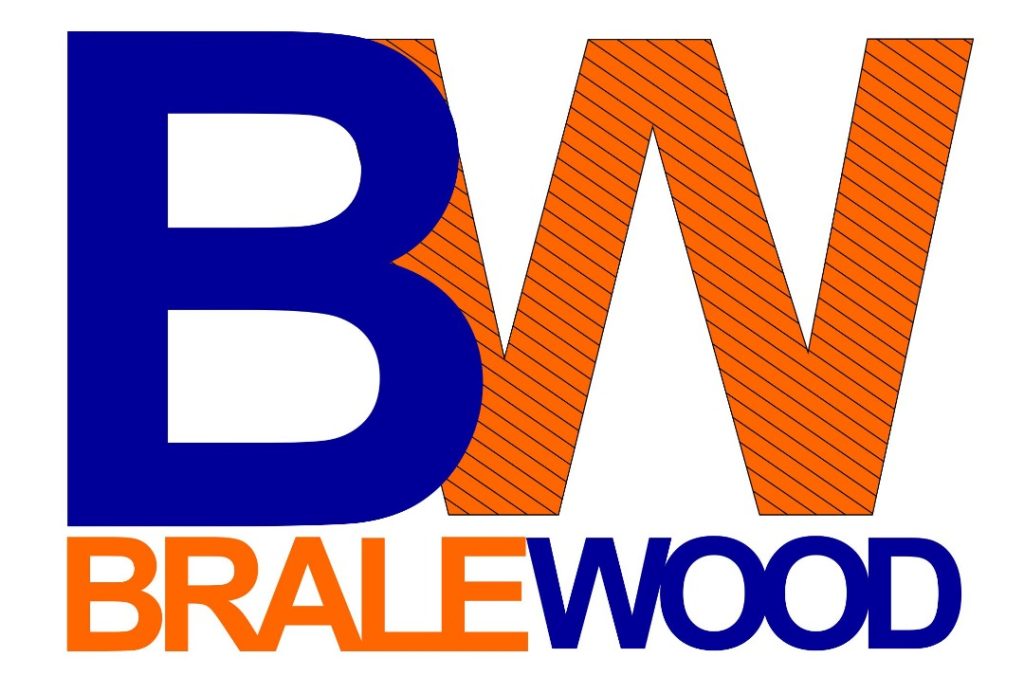I will begin this piece by posing two intriguing questions: Who calls the shots in an employment relationship? Is it possible for a complementary relationship to exist, one in which the employer and employee are equal partners? There are likely to be varying views on these questions, so let’s spend some time exploring the spectrum.
Growing up, I always wanted to pursue my interests and have my venture and therefore looked forward to the freedom to fully control my time. I did not want to graduate from school and head into another phase of regimentation; as such, the 9 – 5 paid employment never appealed to me. Howbeit, my parents (like most parents) wanted me to finish school and get a “good job.”
I attempted a couple of business deals while in the university and got my fingers burnt, but I was undeterred in my desire to be my employer. However, when I finished university, reality set in, and the fastest and easiest way I saw to take care of the bills that were already staring me in the face was “paid employment”. This marked the beginning of my journey into the corporate world, where after clocking about 20 fulfilling years working with large corporations, I decided to take a bow and pursue my interests/ventures (one of which is GEORGID consulting).
In the course of my 9 – 5 career, several experiences triggered certain questions in my mind, and as I witness the current trend of fast-paced changes in our world, coupled with technology proliferation, these questions have gained momentum:
- Are companies sincere when they say, “our employees are our greatest/most valuable assets”?
- Do corporations need to have the ownership tag, i.e., ‘my employees’, and keep a retinue of same?
- Do employees need to dedicate their expertise and time to only one company?
I have always dreamt of a day when work will be so democratized; when employees will be empowered to determine when, where, how and at what price they work, when we will have large corporations running without the ownership and retainment of a large contingent of employees. While disruptors like technology and globalization started to get us closer to this dream day, the COVID-19 pandemic and the resultant changes to the erstwhile work patterns/culture have further accelerated its arrival.
I will attempt to share some perspectives on the above questions; however, in sharing, my intent is not to provide answers but to hopefully provoke thoughts, generate discussions and possibly incite more questions or ignite a call to action in certain instances. These questions have remained top on my mind as I traversed the corporate world as an employee and have become more pertinent due to the disruption inspired by the COVID-19 pandemic and technology.
The COVID-19 pandemic has opened new realms of possibilities leading to drastic changes in the way we view work and the world of work. There is a significant increase in the number of location independent workers. Surveys show that employees have become more empowered – wanting more control, autonomy, and flexibility while employers have become more flexible and willing to make changes that they would have hitherto been hesitant. This shifting dynamics signals the emergence of a new era in the employment relationship and further strengthens my belief that companies will emerge with business and organizational models that will diminish the need to own employees full time; and that both employers and employees would become equal partners in every employment relationship in contrast to the traditional practice of today where companies own employees and are seen as the senior partners in the employment relationship.
Furthermore, I question why employers need to keep some highly experienced and skilled professionals full-time on their payroll and why those professionals will need to give their full time to one employer when they can enjoy the advantage of distributing their expertise to as many companies as they wanted and create multiple values. We are already beginning to see a rise in this trend, mainly in the tech world where we have a single individual working for numerous companies with none having the sole ownership tag – my employee. The era of one career, one profession, and one employer for life is fast fading with the era of multiple careers, multiple professions, and multiple employers for an individual taking center stage.
Companies exist primarily to meet needs, solve problems, and/or make profit. To achieve this objective, a set of activities/tasks is generated (work) for which the right skills (employees) are required to accomplish. Accordingly, work is what employees do for companies and not necessarily the location, i.e., the place of performance; this is notwithstanding the traditional practice (which is now being challenged) that employers provide a specific place where such work is performed. The reality is that if the work tool and work products are portable, then the work can be done anywhere. Therefore, I envision a win-win partnership with the employee as a critical stakeholder in which, amongst other things, there will be no work-life balance to contend with as the employee will determine how to integrate work with life, and companies will have to design jobs to fit into employees lifestyle if they must remain competitive.
Moreover, in managing several redundancies and company-initiated employee separation programs, I realized that employees were often at the receiving end, dealing with emotional drain, which sometimes extended to their families and dependents. I always considered this task one of the hazards of my job as an HR professional since I suffered a similar emotional drain and potential backlash. These experiences left me questioning why the recurring one-sided outcomes, when the employment relationship is supposed to be one with mutual benefits, with none doing either a favor – worker (employee) has some skills, employer (company) needs those skills to help solve a problem and meet objectives, and they are willing to pay for the skills with both parties going into an exchange of mutual benefits.
While I recognize the need for companies to manage their businesses and take decisions that may have an impact on employee numbers, I have always dreamt of this future where employers will get employees on an on-demand basis and employees will choose when and who to work for, thereby eliminating the ugly incidences of redundancies and company-initiated separation programs. The future I dream of is one in which employers will have infinite elasticity and flexibility to scale and adapt to changing business climates with on-demand access to needed talents.
We are all quite familiar with this cliché – “our employees are the most valuable asset”. Do companies really mean this, or is this just a nice to have company statement – good for the optics? I ask because the expectation is that one would hardly trade-off their most valuable asset for any other with lesser value.
In my experience working with several large corporations, in a plethora of cases, while managing through recessions and business downturns, including the recent COVID-19 pandemic, employees and employee related costs are usually the first to be sacrificed. I have hardly seen where machines, computers, or other assets were sold to retain employees, but rather employees are being laid off and employee-related costs like training reduced to keep the machines and production lines running. Can we then say that employees are really and truly the most valuable asset? This further drives my desire for a future of work in which workers/employees will not be viewed and treated as assets but as human beings who are equal partners in the employment relationship.
Why would an employer invest in employment for an uncertain future just to terminate whenever there is a downturn when talents can be sourced on an on-demand basis? Why place a sole ownership tag on individuals who could choose to distribute their time, skills, and expertise to different employers and enjoy the variety and liberty? As an employee, why subject yourself to such limitations? Increasingly, employees are becoming more explorative with their careers and are happy to distribute their skills and expertise. More so, contrary to the old tradition of keeping one job for life, frequent job changes are no longer unusual.
In sum, with disruptors and enablers like culture, globalization, and technology proliferation continuing to drive the rise in freelance workers, employer and location independent workers, individual consultants, and companies with no physical offices, the future of work that I envision is one in which:
- Changing business and organizational models will birth and proliferate companies that will not need to keep a retinue of employees but will hire talent on an on-demand basis.
- Both employers and employees will be equal partners in the employment relationship.
- Employees will be treated as human beings, not assets.
- Employees will enjoy the flexibility and liberty to distribute their time, skills, and expertise in line with their passion and interests; consequently, redundancies and separation will no longer have a place in organizational parlance.
The implication being that the workers – everyday people, not companies or organizations will essentially own the terms of engagement. On that note, I can only but agree with Mike Walsh that the future of work might just be you!























